Kitāb al-Iʿtimād fī al-Adwiyah al-Mufradah (The Reliable Book on Simple Drugs) by Abū Jaʿfar Aḥmad Ibn Ibrāhīm Ibn Al-Jazzār (369 AH/979-980 CE)
In this book, Ibn al-Jazzār made up for the shortcomings of his predecessors in this discipline, Dioscorides and Galen. While one of these two Greek authors referred to the properties of therapeutic drugs, without mentioning their nature and strengths, the other concerned himself with both the drugs’ nature and strengths, but ignored their properties. Both works existed only in Greek, focusing mostly on drugs that had been produced in Greek societies, while neglecting many medicines produced elsewhere. Ibn al-Jazzār appeared to overcome this shortcoming through exerting major efforts in mentioning the nature of drugs, their strengths and properties, including their harmful side effects. He covered the well-known, popular and easily available medicines, together with the ones which were not previously known by the Greeks. Thus, the book is a synthesis of a summary of the essentials, in addition to ibn al-Jazzār’s own findings, accessible both to scholars and students of simple medicines in Arab societies. The author used an interesting and novel method to compose his work. He classified medicines into four different categories, according to their degree of strength. Ibn al-Jazzār’s book enjoyed widespread popularity due to its authentic and rigorous methodology, the new methodology which it employed, and its focus on the most widespread and accessible medicines. As a result of high demand, concise and abridged versions were produced, and it was translated twice into Latin and once into Hebrew.
 Shared Knowledge
Shared Knowledge
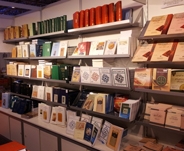
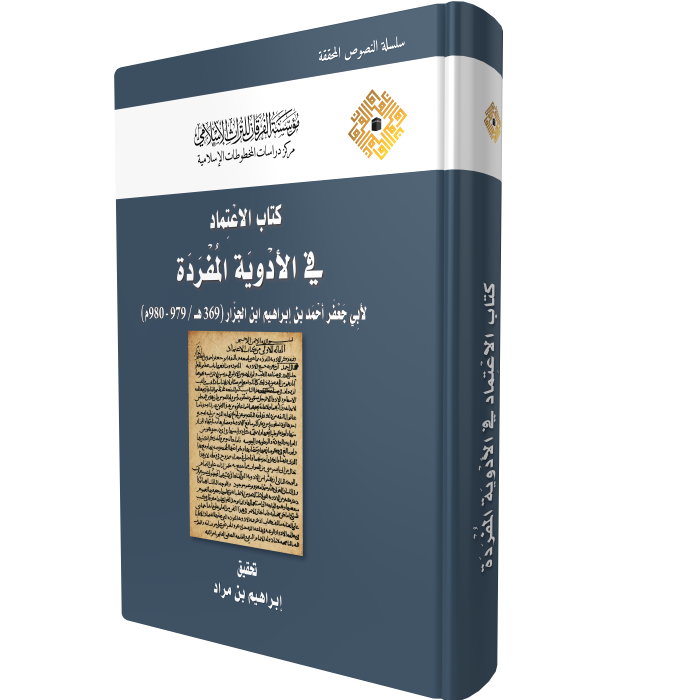

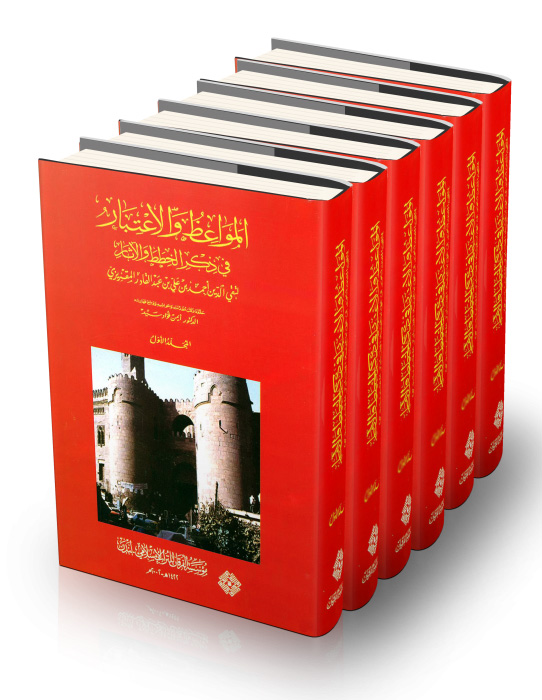 Al-Mawāʿiẓ wal-Iʿtibār fī Ḍikr al-Khiṭaṭ wal-Athār by Taqī al-Dīn Aḥmad b. ʿAlī b. ʿAbd al-Qādir al-Maqrīzī (766-845 / 1365-1442)
Al-Mawāʿiẓ wal-Iʿtibār fī Ḍikr al-Khiṭaṭ wal-Athār by Taqī al-Dīn Aḥmad b. ʿAlī b. ʿAbd al-Qādir al-Maqrīzī (766-845 / 1365-1442)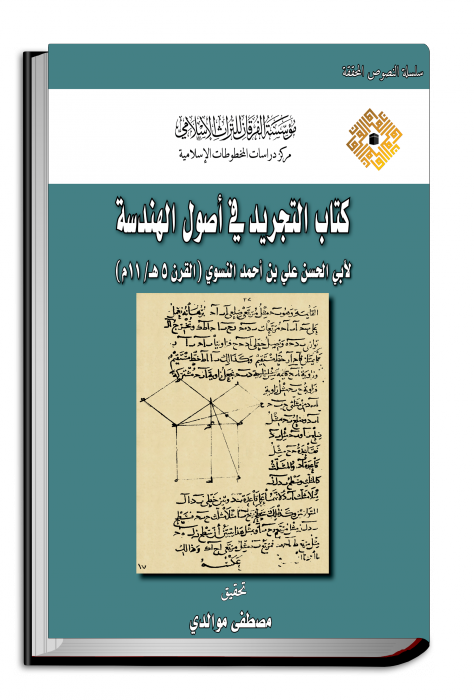 Kitāb al-Tajrīd fī Uṣūl al-Handasah: Abridgement of the Elements of Geometry by Abū al-Ḥasan ʿAlī ibn Aḥmad al-Nasawī (V AH/XI CE)
Kitāb al-Tajrīd fī Uṣūl al-Handasah: Abridgement of the Elements of Geometry by Abū al-Ḥasan ʿAlī ibn Aḥmad al-Nasawī (V AH/XI CE)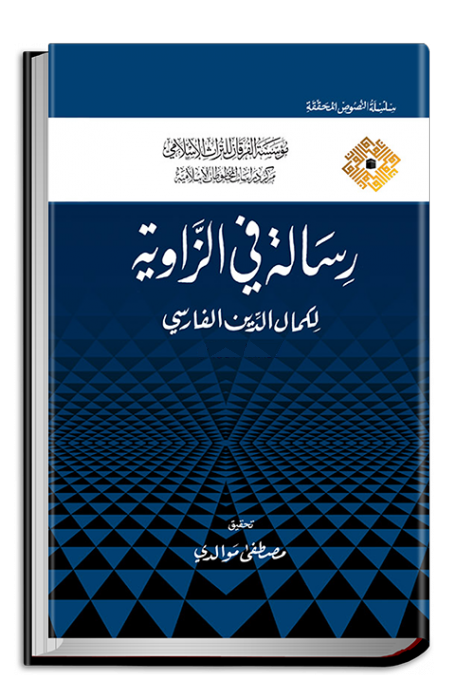 Treatise on the Angle by Kamāl al-Dīn al-Fārisī
Treatise on the Angle by Kamāl al-Dīn al-Fārisī